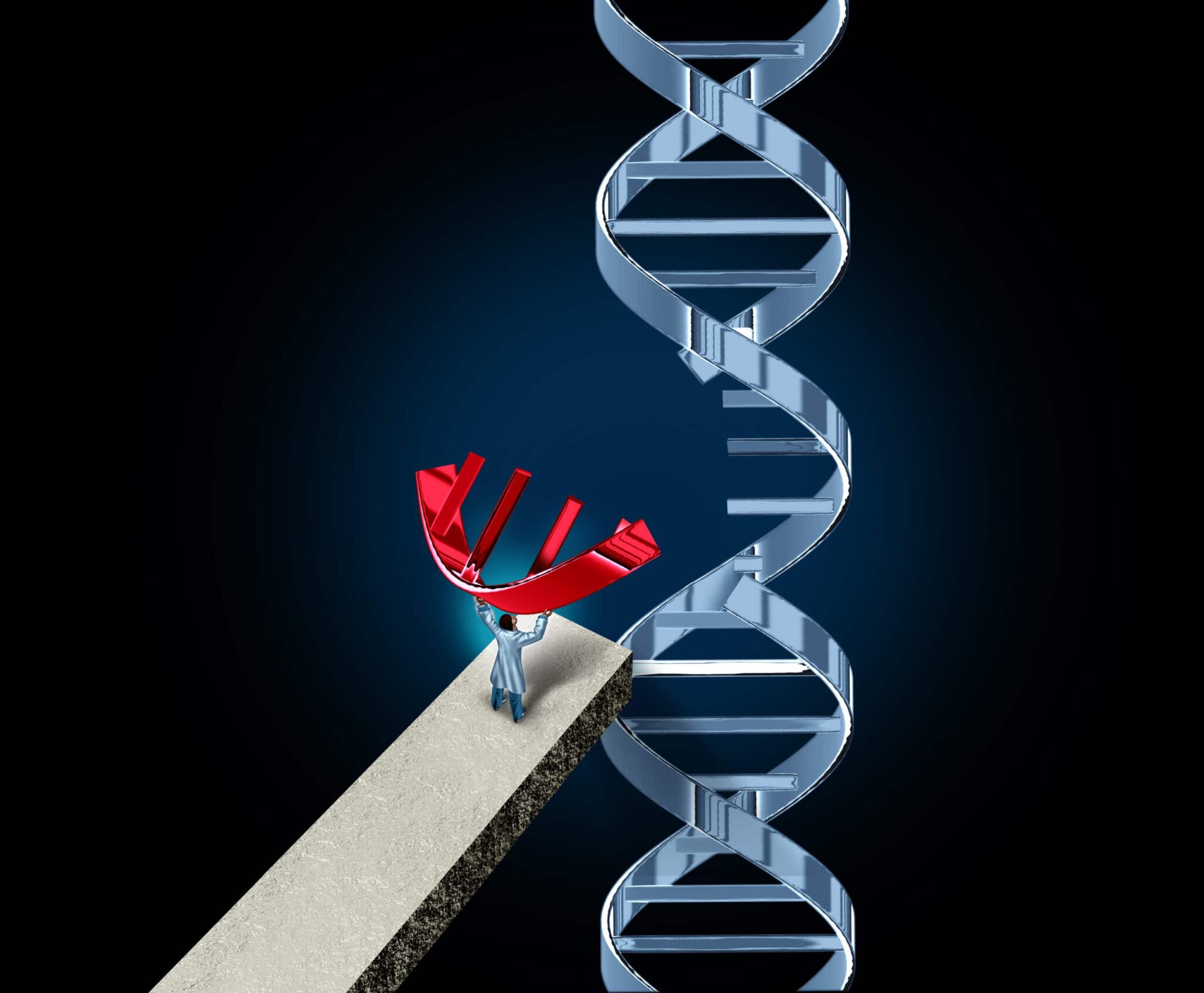UConn researchers in the College of Agriculture, Health and Natural Resources have set out to learn more about a genetic editing technique for tomato plants in hopes to ensure a safe and abundant food supply for consumers. The new project is funded by USDA’s National Institute of Food and Agriculture (NIFA) under the Biotechnology Risk Assessment Research Grant (BRAG) program, shared a release.
The BRAG program was developed to support the era of new information that will help federal agencies as they make science-based decisions on the impacts of genetically engineered organisms on the environment.
“Our project is studying the unintended effects of CRISPR/dCas-mediated editing of DNA methylation, using tomato as a model crop plant,” said Yi Li, UConn professor in the Department of Plant Science and Landscape Architecture and the principal investigator of the project.
Genetically engineered organisms have gained popularity due to their potential to enhance the food supply. The manipulation of DNA methylation — a naturally occurring biological process — is one common method of gene editing that influences various growth and development events in crop plants, such as fruit quality. The targeted manipulation of DNA methylation could improve crop plants’ resilience to environmental stresses, in addition to elevating their nutritional value.
“In our experiment, we use a CRISPR/dCas system to edit DNA methylation at a specific gene location and hope that can lead to production of more nutritious and tasty tomato fruits,” said Li. “At the same time, we are also studying any unintended and undesirable effects resulting from off-target DNA methylation.”
While this gene editing technique has the potential to improve crops on a larger scale, possible unintended side effects of the process have not been studied well thus far, making additional research necessary.
As one of the most well-liked forms of produce, tomatoes were a prime candidate to test potential gene editing enhancements on. Tomato quality and attributes are also extremely influenced by DNA methylation events.
During this level of the project, an experiment that Hengsong is conducting is the analysis of the plants for alterations in DNA methylation levels within the targeted genes. The findings from the project are predicted to uncover any unintended effects from CRISPR/Cas-mediated DNA methylation, offering a more complex understanding for plant breeders that are practicing DNA methylation editing.
“Meanwhile, we are incorporating the science-based knowledge generated from this project into public education efforts to improve society’s understanding about gene editing technology,” added Stacey Stearns, a communications specialist with UConn Extension and co-principal investigator of the project.












